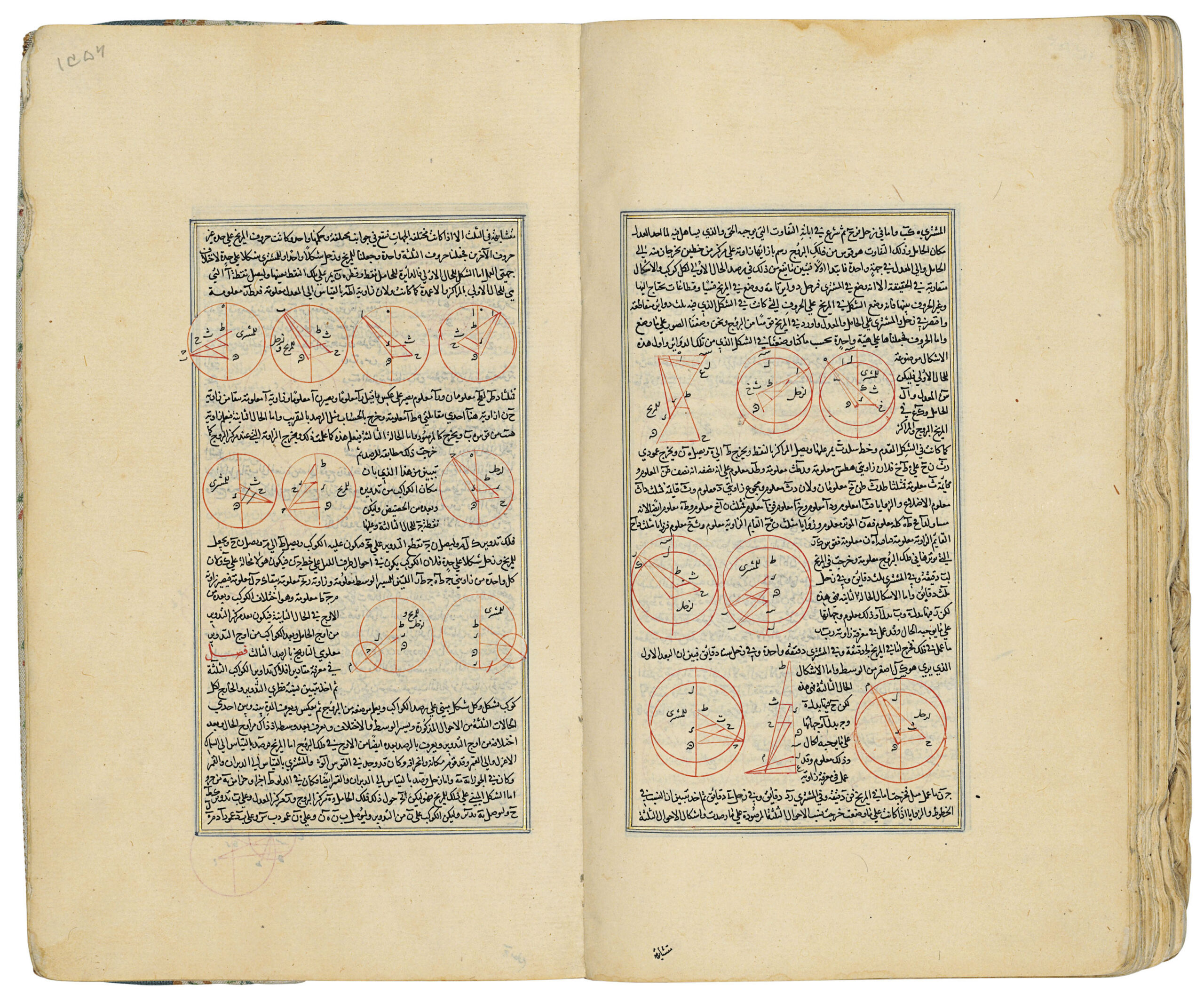Shia Islam, with its rich tapestry of theological teachings and historical narratives, offers profound insights into the lives of influential figures who shaped its evolution. Among these pivotal personalities, Abdullah Ibn Husayn, also known as Abu 'Ali al-Husayn ibn 'Abdullah ibn Sina, stands out as a luminary in the realms of philosophy and science. His contributions not only display the intellectual prowess of the Shia tradition but also invite us to explore the intricacies of faith, reason, and ethics. How might Ibn Husayn's life and works challenge our perceptions of science and religion in contemporary times?
Born in the 10th century in what is now Uzbekistan, Ibn Sina is often celebrated as the father of modern medicine and a prominent philosopher. His seminal work, "Kitab al-Shifa" (The Book of Healing), encompasses not only medical sciences but also an immense corpus of philosophical thought and logic. In contemplating his legacy, one might grapple with the question: Can religious beliefs coexist harmoniously with scientific inquiry, or must they always exist in tension? This duality beckons us to explore the tenets of Shia teachings as elucidated through Ibn Husayn's life and works.
A pivotal aspect of Ibn Husayn's philosophy resides in his unwavering conviction in the harmony of faith and reason. Unlike some of his contemporaries who perceived religion as an obstacle to intellectual progress, Ibn Sina championed a vision where the pursuit of knowledge is a sacred endeavor, intrinsically linked to understanding the divine. This notion aligns seamlessly with Shia teachings that advocate for the importance of education and knowledge acquisition as a means of drawing closer to God. The Quran itself underscores this imperative, urging believers to seek knowledge as a pathway to enlightenment.
Moreover, Ibn Husayn's reflections on ethics and morality reveal a deeply ingrained respect for human dignity and the sanctity of life. Through his philosophical writings, he posited that ethical principles are not merely abstract concepts but ought to guide the intrinsic behaviors of individuals. This emphasis on morality resonates profoundly within Shia teachings, where the ethical dimensions of actions are intricately tied to one's faith. Such principles serve not only as a moral compass but also as a mechanism for fostering societal harmony and justice.
The relationship between intellect and spirituality takes center stage in Ibn Husayn's discourse on the soul. He contended that the soul's nature transcends mere biological existence, encompassing dimensions that are spiritual and eternal. The exploration of the soul in Shia thought invariably leads to discussions on the afterlife, divine justice, and the ultimate purpose of existence. In this context, one might ask: How does this understanding of the soul influence modern Shia perspectives on morality and accountability?
In addition to his philosophical endeavors, Ibn Husayn made significant strides in medical sciences, laying down the foundations for diagnostic procedures and treatments that were revolutionary at the time. His medical texts illustrated a meticulous attention to detail and a methodical approach to healing that embraced both natural and supernatural elements. The Shia tradition, emphasizing the importance of health and well-being as blessings from God, finds a correlation in Ibn Husayn's teachings, which insist on moral and ethical considerations in medicine. Would it then not prompt a reflection on how contemporary medical practice can reintegrate ethical dimensions into clinical decision-making?
While contemplating the intersection of faith and science, one cannot overlook the challenges posed by dogmatism. Ibn Husayn’s legacy champions a spirit of inquiry and skepticism that encourages individuals to question and seek the truth. This trait can be particularly enlightening amidst a modern landscape often characterized by ideological conflicts. How might an individual cultivate a mindset akin to Ibn Husayn’s in an age where misinformation proliferates? To engage thoughtfully with competing narratives requires a commitment to empirical evidence, critical thinking, and, perhaps most importantly, an embrace of humility—a humility that recognizes the limits of human understanding.
Furthermore, the explorations of Ibn Husayn extend beyond the realms of philosophy and science into the domains of spirituality and existential reflection. His inquiries into the nature of existence prompt an introspection about the meaning of life and our place within it. In light of Shia teachings on unity and communal wellbeing, Ibn Husayn's reflections challenge adherents to consider not only their personal spiritual journeys but also the collective struggles of their communities. Thus, the question arises: Can the teachings of a medieval philosopher guide contemporary Shia Muslims in their pursuit of collective social justice?
An examination of Ibn Husayn’s contributions to Shia thought inevitably leads to discussions about the relevance of his teachings in today's world. His clear advocacy for knowledge, ethical integrity, and the convergence of faith and reason serves as a guiding beacon for followers navigating the complexities of modern existence. It is essential to reflect on how one can embody these principles in personal life, thereby fostering a conducive environment for moral and intellectual growth.
In conclusion, the teachings of Abdullah Ibn Husayn offer a multifaceted lens through which Shia Islam can be understood and appreciated. The interplay of philosophy, ethics, and science in his work underscores a profound legacy that challenges individuals to reconcile their faith with the quest for knowledge. As we navigate through the challenges of our time, we are called to embrace this rich tradition and integrate its wisdom into our daily lives. In doing so, we fulfill the overarching objective of Shia thought: to build a community grounded in justice, knowledge, and compassion.


